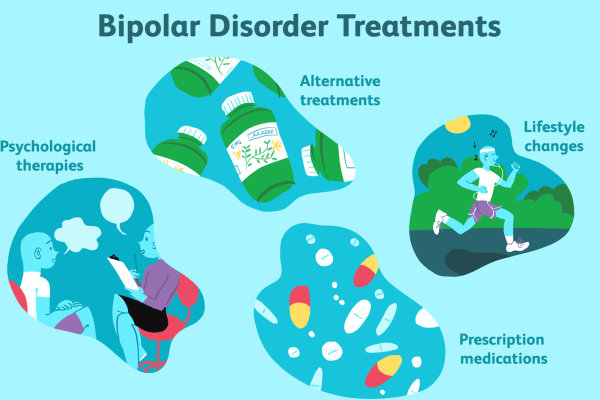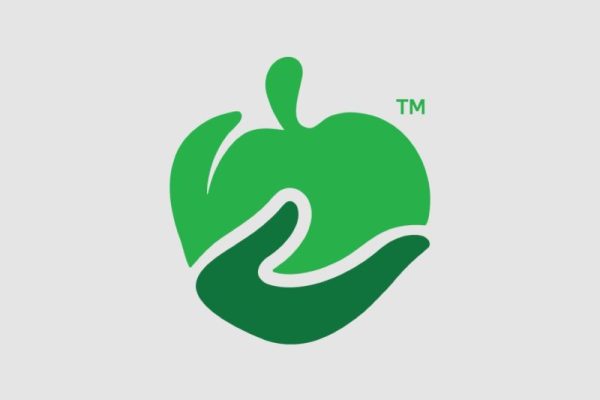Constipation is a common condition that affects millions of people around the world. It occurs when bowel movements are infrequent or difficult to pass, causing discomfort and pain. While most people associate constipation with stomach pain and bloating, it may also lead to back pain. Back pain is one of the most common health complaints among adults, and its causes can be varied and complex.
Many people who suffer from constipation often report experiencing lower back pain as well. However, the relationship between these two conditions has been a subject of debate for years. Some experts believe that constipation can indeed cause back pain while others claim that there is no direct correlation between them.
Reasons Related To Constipation and Back Pain
Can constipation cause back pain is a common question. Here are possible causes:
Fecal Impaction
Fecal impaction is a condition where stool becomes hard, dry and difficult to pass. It can occur anywhere along the digestive tract but commonly occurs in the rectum and colon. Fecal impaction is typically caused by chronic constipation, which results from reduced bowel movements or difficulty passing stool.
Constipation is one of the most common gastrointestinal problems that people experience. It affects millions of people annually, and it can lead to fecal impaction if left untreated. Constipation occurs when stools become too hard or infrequent resulting in straining during bowel movements. This strain can cause pain and discomfort in the lower back as well as abdominal bloating, gas and nausea.
It is important to recognize early signs of constipation such as infrequent bowel movement or difficulty passing stool before it develops into fecal impaction which requires medical intervention such as manual evacuation or surgery.
Improper Sleep Positions
Improper sleep positions can have a significant impact on an individual’s digestive health and lower back. Sleeping in a position that puts pressure on the abdomen or disrupts the natural alignment of the spine can lead to constipation and lower back pain. It is essential to be mindful of your sleeping position if you suffer from either of these issues.
Sleeping on your stomach is one of the worst positions for digestion and lower back health. The pressure on your abdomen can restrict bowel movements, leading to constipation. Additionally, this position forces your neck and spine out of their natural alignment, causing strain and discomfort in your lower back. Instead, try sleeping on your side with a pillow between your knees to keep your spine aligned correctly while also promoting healthy digestion.
General Constipation
Constipation is a common gastrointestinal issue that affects millions of people around the world. It refers to infrequent bowel movements or difficulty passing stools, which can cause discomfort and pain. While constipation is typically associated with digestive problems, it can also have an impact on other parts of the body, including the lower back.
Studies show that there is a strong link between constipation and lower back pain. When stool builds up in the colon, it can put pressure on nearby nerves and cause discomfort in the lower back. Additionally, straining during bowel movements can cause muscle tension in the lower back region, leading to chronic pain over time.
In some cases, constipation may even be a contributing factor to conditions like sciatica and herniated discs. This makes it essential to seek treatment for constipation as soon as possible to prevent further complications down the line.
Masses Around The Lower Back
It is no secret that constipation can be a major source of discomfort and frustration. However, what many people do not realize is that it can also lead to lower back pain.
This is because the masses that build up in the intestine when one is constipated can put pressure on the surrounding nerves, including those in the lower back. Over time, this pressure can cause inflammation and pain in the area.
There are several other reasons why constipation can cause lower back pain as well. For example, straining during bowel movements can put extra stress on the muscles in your lower back, leading to soreness and tightness.
Additionally, poor posture while sitting on the toilet or even just standing for extended periods of time due to discomfort from constipation could also contribute to this type of pain.
Spinal Injuries
Spinal injuries can have a significant impact on an individual’s overall health and well-being. Often, people who suffer from spinal injuries may experience a range of symptoms that can affect various aspects of their life. One such symptom is constipation, which is a common condition that affects millions of people worldwide.
Constipation occurs when an individual has difficulty passing stools or experiences infrequent bowel movements. This condition can be caused by a variety of factors, including poor diet, lack of exercise, medications, and certain medical conditions. However, what many people don’t know is that constipation can also cause back pain.
When you are constipated, your body tends to strain more during bowel movements to push out the stool from the rectum. This straining puts additional pressure on the lower back muscles and spinal discs leading to lower back pain.
Bloody Stools
Bloody stools can be a sign of a serious health issue and should not be ignored. One possible cause of bloody stools is constipation. Constipation occurs when the stool moves too slowly through the digestive tract, causing it to become hard and difficult to pass. This can lead to straining during bowel movements, which may result in anal fissures or hemorrhoids that bleed.
In addition to bloody stools, constipation can also cause lower back pain. The strain of pushing hard during bowel movements can put pressure on the lower back muscles and nerves, leading to discomfort and pain. Chronic constipation can also lead to more serious conditions such as herniated discs or spinal stenosis.
It’s important to address both constipation and lower back pain promptly in order to prevent further complications. Eating a high-fiber diet, staying hydrated, and getting regular exercise can help prevent constipation.
Difficulty In Bowel Movement
Constipation is a common issue that affects people of all ages. It occurs when bowel movements become less frequent or difficult to pass. One of the most overlooked symptoms of constipation is lower back pain. Many people do not realize that these two issues are related, but they are.
When the colon becomes overloaded with feces, it puts pressure on the surrounding nerves and muscles in the lower back, resulting in discomfort and pain.
If you have been experiencing lower back pain or stiffness, it could be because of your bowel movement problems. The longer fecal matter remains in your colon, the more difficult it becomes to pass through your system.
This can cause inflammation in your colon walls that can lead to abdominal bloating and cramping which results in lower back pain as well as spasms throughout other areas of your body such as legs and arms.
When To See Doctor
Constipation and lower back pain are two health issues that can cause discomfort and inconvenience in daily life. While they may seem unrelated, some people experience back pain as a result of constipation. This is because the colon sits just behind the lower back area, and when it becomes clogged with stool, it can put pressure on nearby nerves and muscles.
If you are experiencing constipation along with lower back pain, it is important to see a back pain doctor in Dallas to rule out any underlying medical conditions. In some cases, these symptoms could be indicative of a more serious issue such as bowel obstruction or cancer.
Additionally, if your symptoms persist for more than a few days despite trying at-home remedies like increasing fiber intake or drinking more water, it is time to seek professional help.






